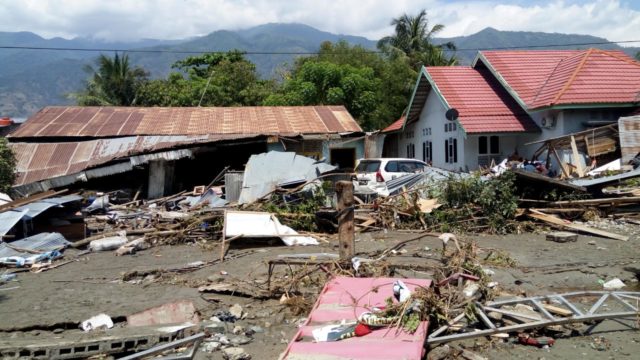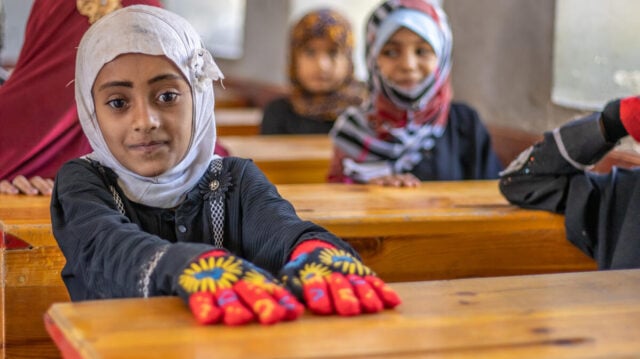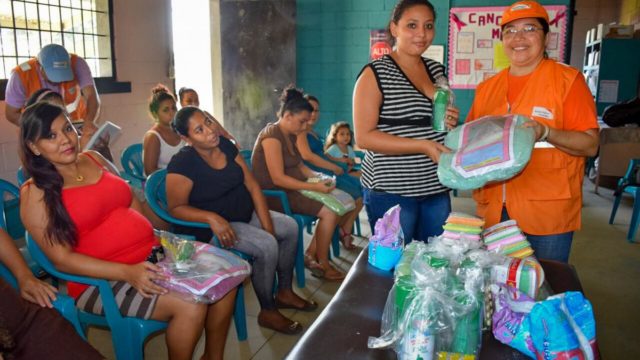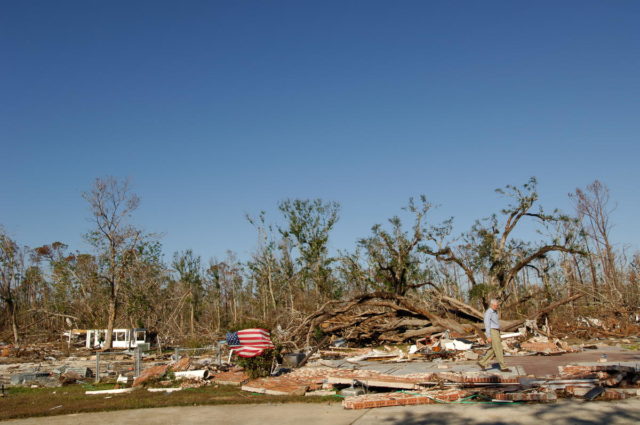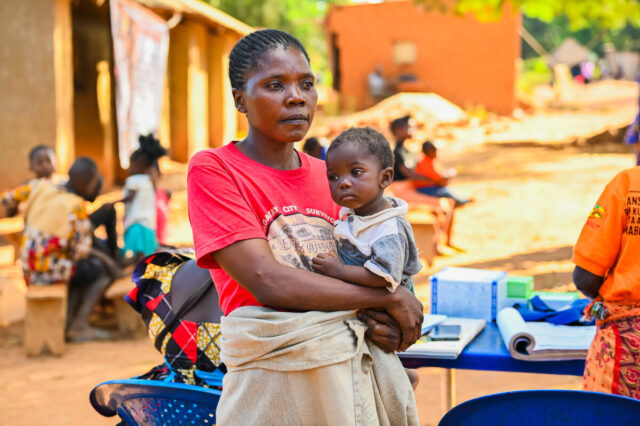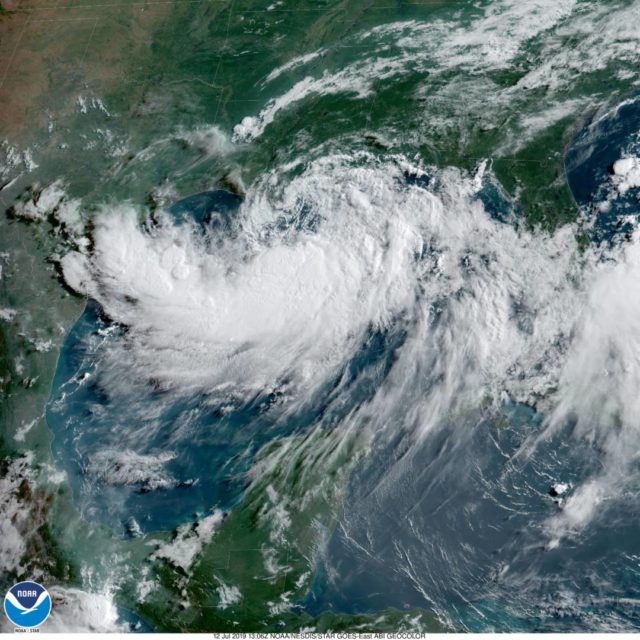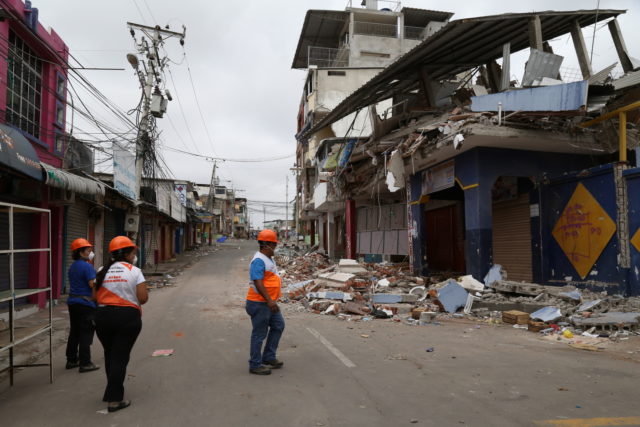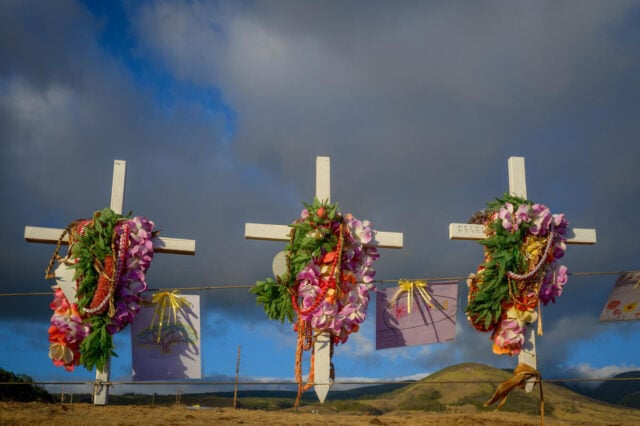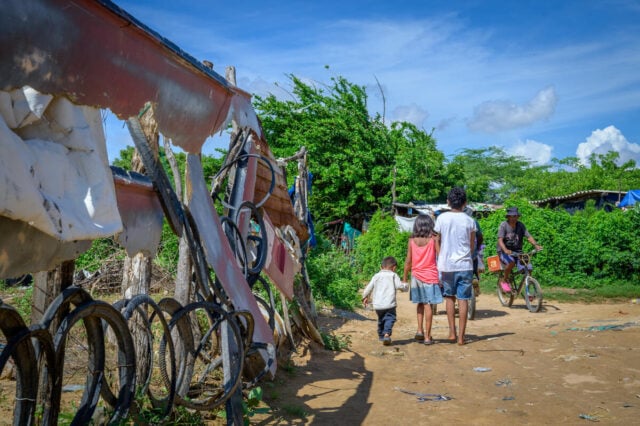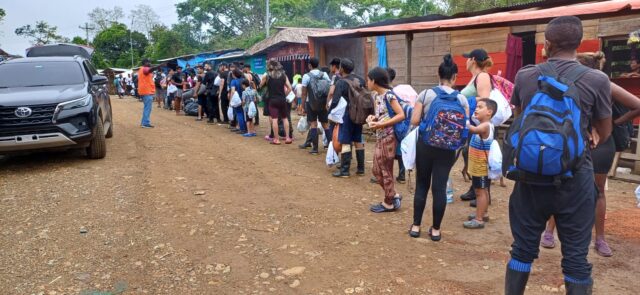Discover key facts about the 2018 Indonesia earthquakes and tsunamis, including six events with magnitude 6.0 or higher. Learn more about the devastating impact on millions of people, and how World Vision swiftly responded with lifesaving supplies to help affected communities.
News & Stories
FAQ
Yemen crisis: Facts, FAQs, and how to help
Learn more about the crisis in Yemen, where ongoing conflict has affected an estimated 18.2 million people, and what World Vision is doing to help.
Zika virus: Facts, symptoms, and how to help
Discover essential information about the mosquito-borne Zika virus, including the symptoms, prevention, and the significant 2015–2016 outbreak. Learn how Zika can cause serious birth defects like microcephaly. And find out the latest update on Zika.
Hurricane Katrina: Facts, FAQs, and how to help
Explore the impact of Hurricane Katrina, one of the most devastating disasters in U.S. history. Twenty years later, Katrina remains a defining moment in the nation’s memory and a benchmark for emergency response. Discover the far-reaching consequences of this historic storm and how World Vision helped families recover and rebuild.
Mpox outbreak: Facts, FAQs, and how to help
The World Health Organization declared a global health emergency due to an mpox outbreak in over a dozen African countries, with the Democratic Republic of the Congo (DRC) reporting over 15,600 cases and 537 deaths in 2024. Learn more about what mpox is, which groups are most affected, and how World Vision is responding.
Hurricane Barry: Facts, FAQs, and how to help
Hurricane Barry made landfall in Louisiana on July 13, 2019, bringing heavy rains, floods, and a dangerous storm surge. Learn how World Vision responded and supported affected communities.
Ecuador earthquake: Facts, FAQs, and how to help
A magnitude 7.8 earthquake rocked Ecuador’s coast April 16, 2016 — killing almost 700 people and leveling homes, schools, and infrastructure. The deadly Ecuador earthquake made life harder for people suffering from El Niño flooding. Recovery called for an all-out effort to support health, nutrition, education, and rebuilding.
Maui wildfires: Facts, FAQs, and how to help
The destructive wildfires that swept through Maui in August 2023 have tragically resulted in loss of life, with a confirmed death toll of 102 people as of June 2024. The catastrophe has left thousands of Maui residents without homes and caused widespread destruction and damage to several areas of the island. Learn how World Vision is responding to the crisis and how you can support people affected by the disaster.
Global poverty: Facts, FAQs, and how to help
Poverty remains one of the most pressing challenges in our world, with nearly 9% of the global population living on less than $3.00 per day. Read to find answers to your questions about poverty, learn about how we define poverty, find out what World Vision is doing to help end extreme poverty worldwide, and learn how you can help.
Central America migration: Facts, FAQs, and how to help
Here are basic facts and FAQs about Central America migration, how World Vision addresses root causes of poverty there, and how you can help. One program raising promise among vulnerable youth in Central America is Youth Ready. Through this approach, we help young people discover their potential, develop specific career and life skills, establish support networks, build character and confidence, and plan for their future in their communities. This is work is made possible largely through child sponsorship.
